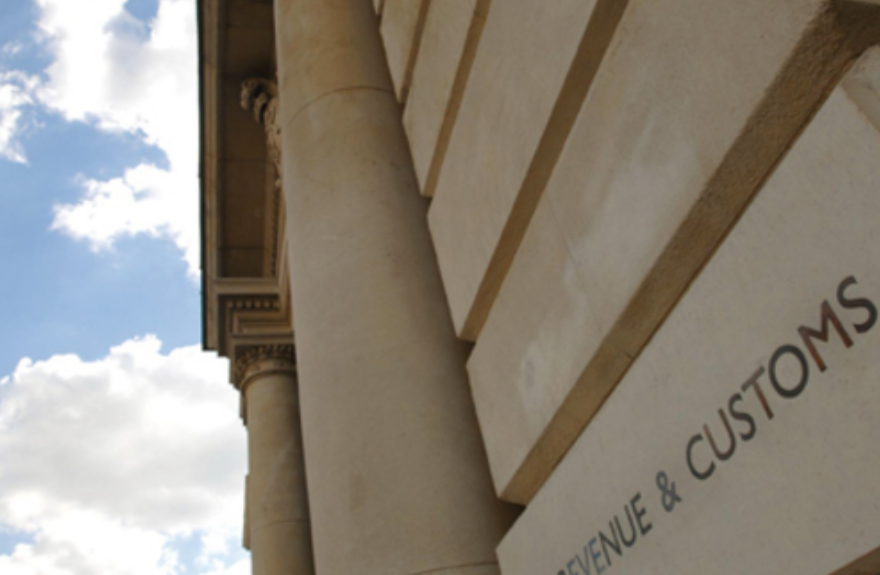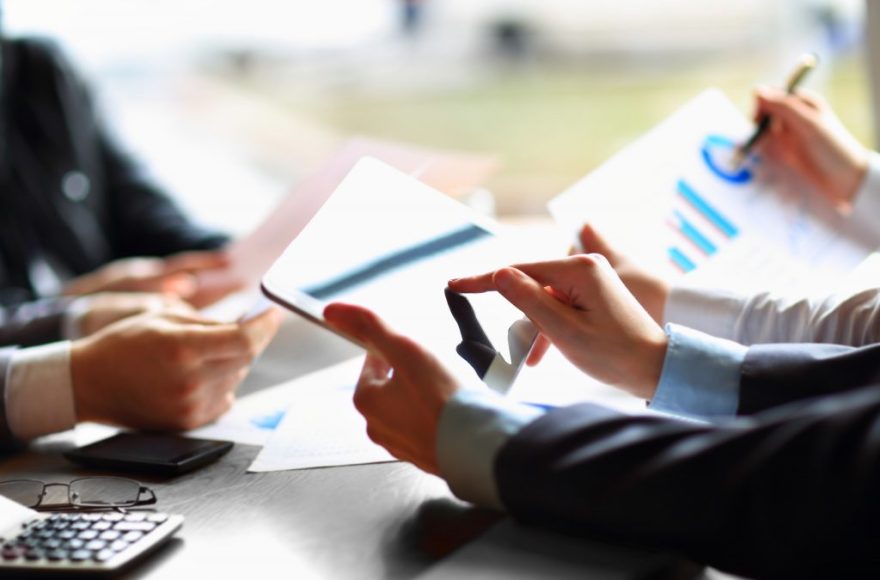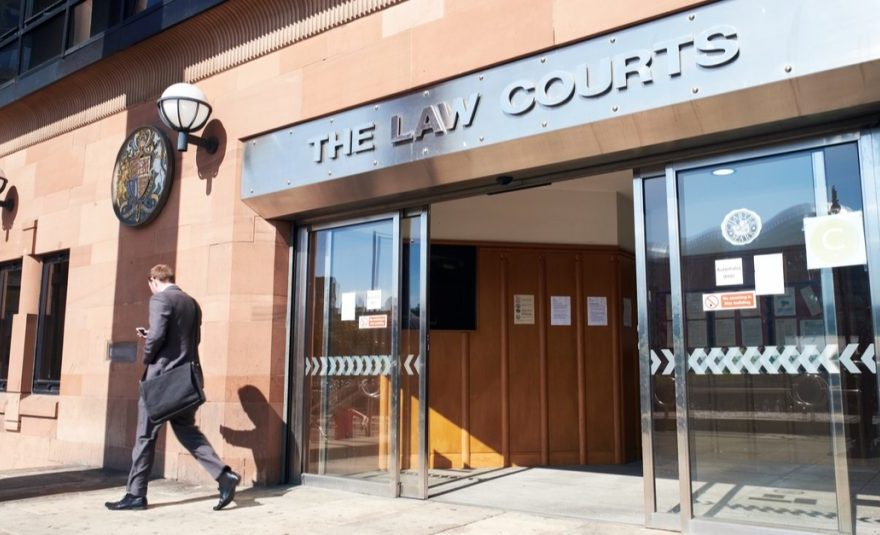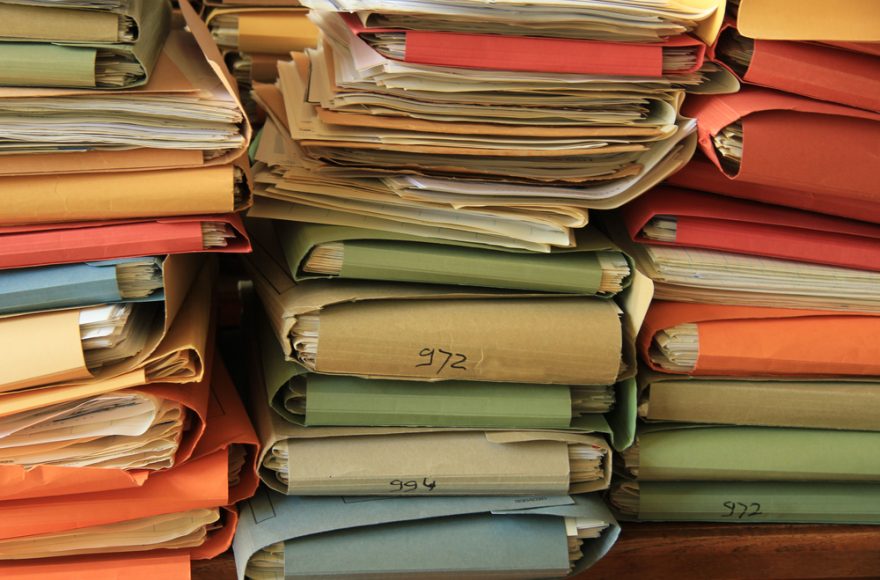Will capital gains taxes be hiked to pay for Covid and what could you do to minimise the impact on your finances?

Whilst the measures the government put in place to manage the impacts of Covid were necessary, and benefited a number of us, a question many of us is now asking is ”where will the government start in seeking to recoup the £190 Billion[1] of support it has given the economy to steer it through lockdown and beyond?”
My bet is there may be a hike in capital gains tax, and there are a number of occurrences that have led me here, including:
- In July, the Chancellor of the Exchequer Rishi Sunak commissioned a review into capital gains tax
- The review will be completed before Sunak’s planned budget in Autumn– thereby enabling him to follow through with any changes.
- On speaking to the Treasury Select Committee, he admitted that ‘tough choices’ lay ahead – this has often been politician code for tax rises.
- During last year’s Conservative General Election manifesto – the promise of, no raising of rates in income tax, national insurance or VAT was made.– it seems unlikely that he will incur the wrath of Tory supporters by going down this route
- As capital gains tax is levied at rates lower than those applied to income, it represents ‘low hanging fruit’ for taxation.
What exactly is capital gains tax?
Capital gains tax is a tax on the gains, or profit made from the sale of different items (assets). It is only the gain that is taxed and mostly applies to gains made on second homes, holiday homes, shares and investment funds.
When you are liable for CGT depends on the asset being sold and whether you are a basic, higher or additional rate tax payer
On shares and most other assets, the rate is 10 per cent for basic rate taxpayers, and 20 per cent for higher and additional rate taxpayers.
On sales of second homes and buy to lets, the respective rates are 18 per cent and 28 per cent.
Currently, you are only liable for CGT on gains of more than £12,300 in this tax year (ending April 5, 2021). Any profit made up to £12,300 are exempt from the tax as they fall within the capital gains tax allowance.
What changes could Sunak make?
Of course, this is currently all speculative, however a clue as to what changes could be made can be taken from Labour’s General Election manifesto last year which proposed reducing the annual capital gains tax allowance to £1,000.
It also laid out plans to tax capital gains at the same rate as income. This would mean a basic rate taxpayer would pay 20 per cent tax on the disposal of a second property or a share portfolio while higher rate and additional rate taxpayers would pay 40 and 45 per cent respectively.
In my view it is unlikely Sunak would go as far as this.
Another option is to tax capital gains at the same rate as that applied to dividend income. Currently, any annual dividend income from share holdings above £2,000 is taxed at 7.5 per cent for a basic rate tax payer, 32.5 per cent for a higher rate tax payer or 38.1 per cent for an additional rate tax payer.
This may be a possible middle ground as these rates sit between current capital gains tax rates and income tax rates.
The final option I believe could be the abolition of what is referred to as ‘private residence relief’, where you don’t pay any gains on the sale of your main home. I suggest this may just be a step too far, but stranger things have happened!
What may investors wish to consider doing now?
- Optimise ISA and pension allowances
Capital gains made within tax friendly savings vehicles such as ISAs and pensions are free from capital gains tax. Additionally, all withdrawals from ISAs are tax-free. So, it makes sense for investors to consider utilising these capital gains tax-free zones as much as possible.
- Sell shares held outside of tax wrappers and re invest them into the tax wrappers
One often overlooked tidying up exercise is to ‘bed and ISA’ – selling shares or investment funds held outside an ISA and then repurchasing them within the plan. This means the holdings are then immune from capital gains tax. However, please be aware that selling the shares or investments outside the ISA counts as a taxable event for Capital Gains Tax purposes.
- Use your spouse or civil partners allowance.
Those who are married or in a civil partnership could transfer assets to their partner who is paying a lower rate of income tax. Such transfers do not trigger capital gains tax, but it means any future crystallisation of gains will incur a lower rate of tax.
- Act before the changes come into play
You could also consider crystallising gains between now and Sunak’s Budget in the Autumn, taking advantage of their £12,300 tax-free capital gains allowance. The proceeds could then be used to fund an ISA or pension.
Levels and bases of and reliefs from taxation are subject to change and their value depends on the individual circumstances of the investor
The value of your investment can go down as well as up and you may not get back the full amount you invested
The information contained in this article is based on the opinion of Marc Burman and does not constitute personalized financial advice or a personal recommendation to suitable investment strategy, you should seek financial advice before embarking on any personalized course of action.
Foster Denovo Limited is authorised
and regulated by the Financial Conduct Authority. The Financial Conduct
Authority does not regulate taxation and trust advice.
[1] https://governmentbusiness.co.uk/news/09072020/public-spending-coronavirus-reaches-%C2%A3190bn




